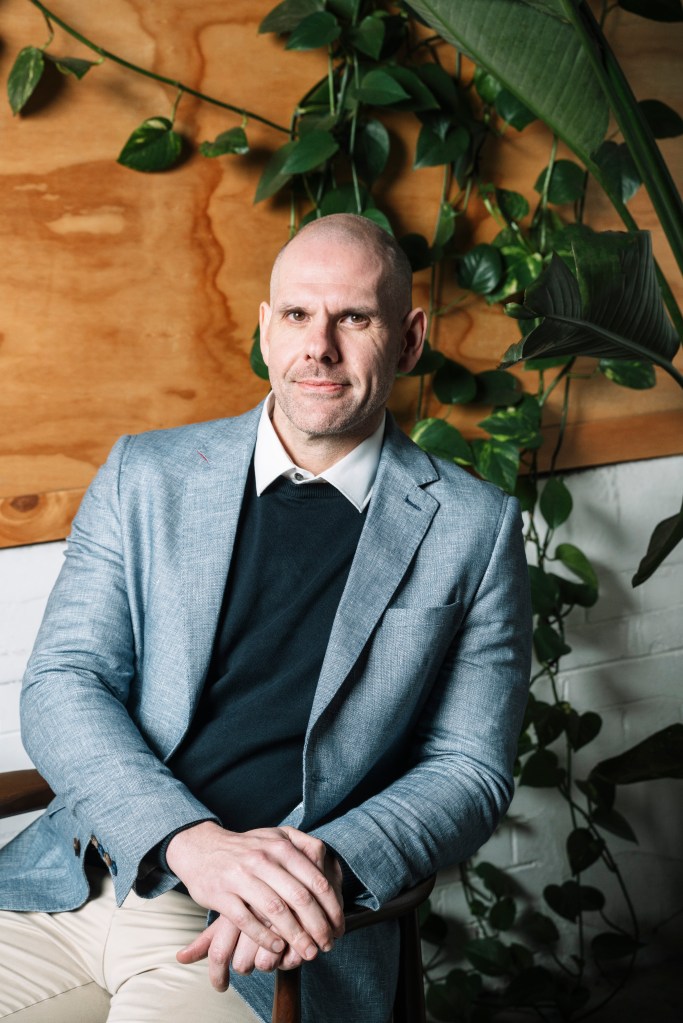Six months after announcing its lamb prototype, Magic Valley has added pork to its cultivated meat product suite.
In September, Magic Valley founder, Paul Bevan, said its lamb prototype represented the first time the company’s unique technology had been used for that specific protein.
The process used by Magic Valley involves taking skin cells from a live animal and turning them into stem cells called induced pluripotent stem cells (iPS). These cells can grow in an unlimited and scalable way and can also be made into muscle and fat. It means no animal products, including fetal bovine serum, are used in the process.

The technology has now been used for a new pork product, and can also be rolled out for other proteins including beef and aquatic species.
“In our view, iPS technology is the only way to ethically produce cultivated meat at scale. We’re going to use the same technology and process across all our products. So the process is basically the same, but obviously with the initial cells coming from a pig, in this case, instead of a lamb,” Bevan told Future Alternative.
“So we now have a scalable, sustainable and ethical solution for both lamb and pork, and we’ll be looking to replicate that across all farmed animal species and in the future, aquatic species as well.”
Like the lamb prototype, Magic Valley’s pork comes in a minced format, and has primarily been trialled in dumpling and wonton products.
Despite Magic Valley’s ability to apply its technology to numerous animal proteins, Bevan said the company’s focus remains most strongly on its lamb, which it hopes will gain regulatory approval in Australia in 2024.

“We are focused on lamb as our primary product,” he said. “If it makes sense for us to apply for both (lamb and pork) at around the same time, we’ll do it, but it probably doesn’t. It probably makes sense to focus on one product.
“I think there’ll be a lot of learnings that come out of that very first product roll-out, from a regulatory perspective but also from a consumer perspective.
“Our focus is not on being the first to market with all of these products, or any of these products. We may end up being the first, but our focus is purely on developing the best products, and then once we commercialise that first product we’ll look to launch a range of cultivated meat products in succession after that.”
Listen to our podcast episode with Paul Bevan below.
To stay up-to-date on the latest industry headlines, sign up to Future Alternative’s enewsletter.
Posted on:


